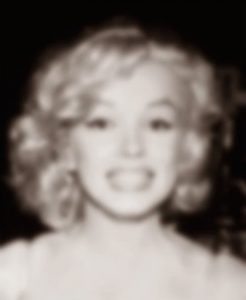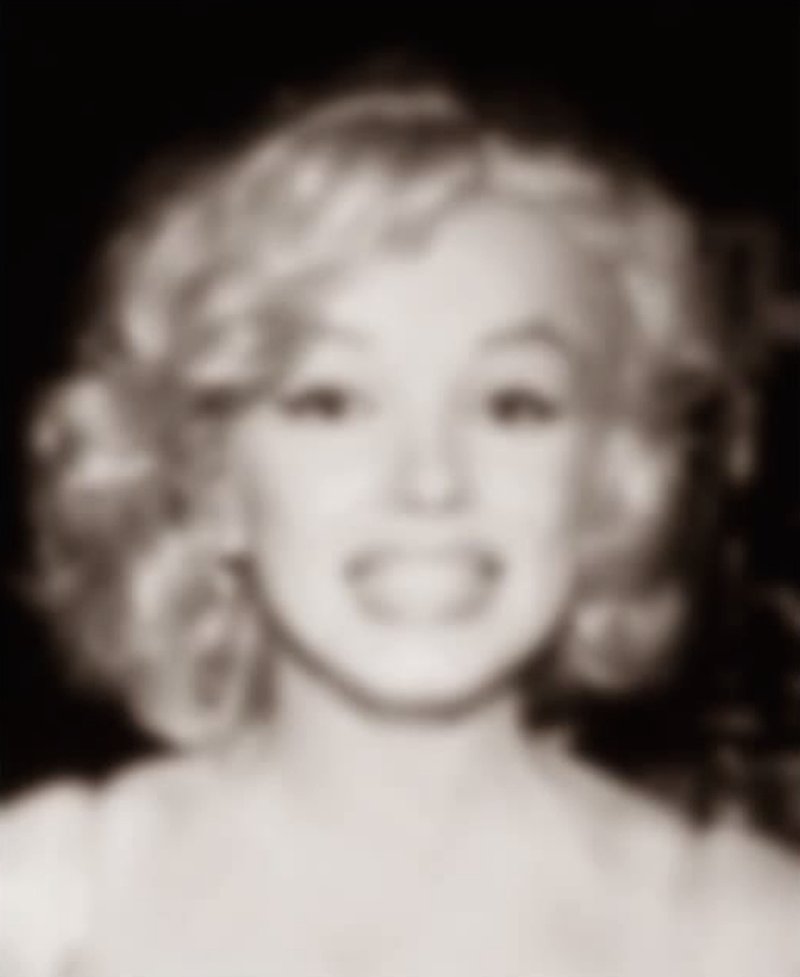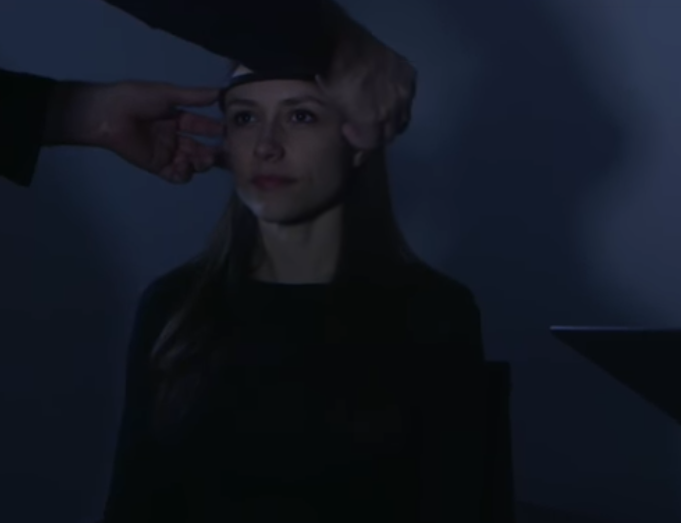 One of the core understandings in computer graphics is that if you want a high resolution image, you must start with a high resolution image. Forget all the tv shows that you’ve seen where the person is standing behind a computer technician asking them, “Can you sharpen the image a little more?” The computer technician maybe clicks a few buttons and the suddenly the license plate that was too blurry to read becomes crystal clear. It’s a miracle, the computer can do anything! Sorry, that isn’t real life, at least with current technology. A computer can do a lot of things, but when it comes to enhancing low resolution imagery the computer at best must ‘guess’ what the image is.
One of the core understandings in computer graphics is that if you want a high resolution image, you must start with a high resolution image. Forget all the tv shows that you’ve seen where the person is standing behind a computer technician asking them, “Can you sharpen the image a little more?” The computer technician maybe clicks a few buttons and the suddenly the license plate that was too blurry to read becomes crystal clear. It’s a miracle, the computer can do anything! Sorry, that isn’t real life, at least with current technology. A computer can do a lot of things, but when it comes to enhancing low resolution imagery the computer at best must ‘guess’ what the image is.
To understand this concept it helps if you understand the way an image is formed on the computer. If you were to zoom in as far as you could on any image, you would see a collection of different colored squares, these squares are called pixels. To a computer, that image isn’t a photo of anything, it is just as I said, a series of pixels placed in a particular way that when viewed by humans looks like you, your dog, Continue reading


